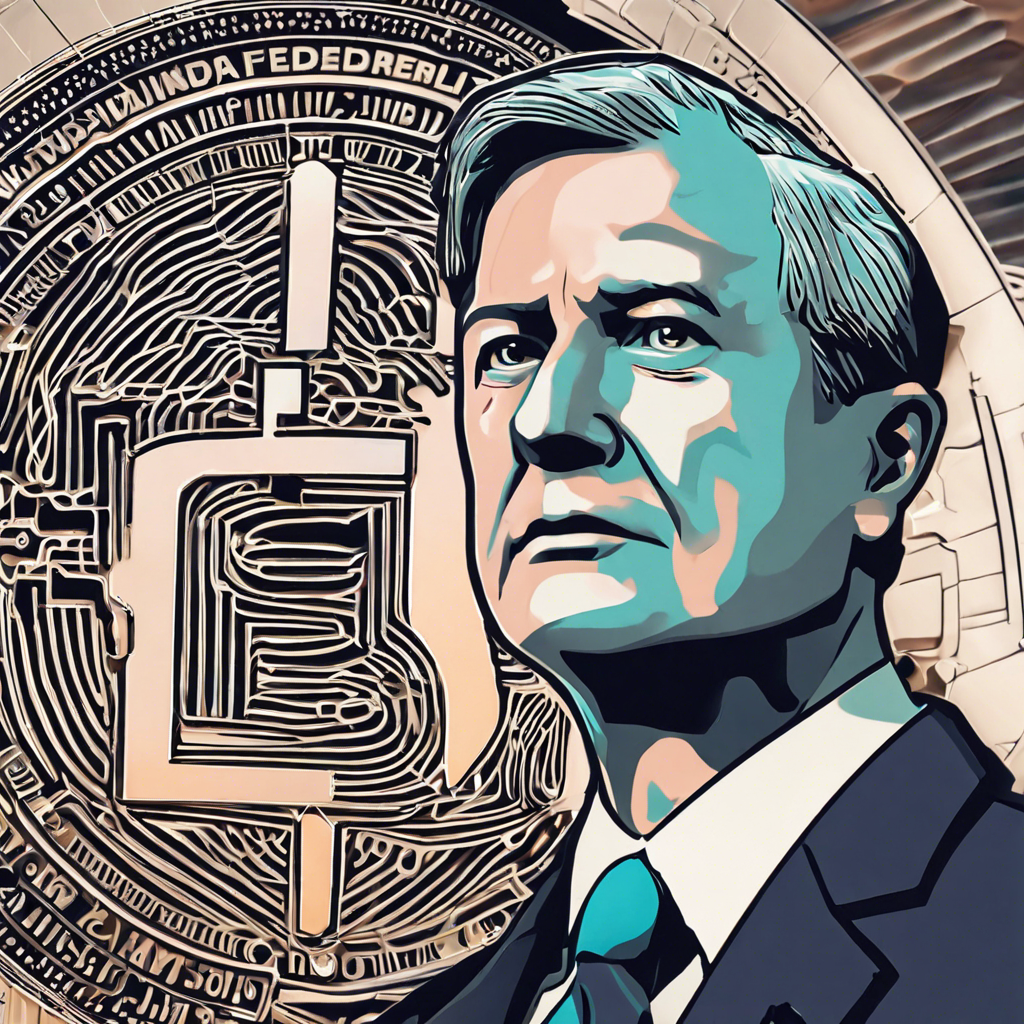SoFi Ends Crypto Services Amid Federal Reserve Scrutiny

San Francisco-based SoFi discontinues crypto services as the Federal Reserve intensifies its oversight of the banking sector.
In a surprising move, San Francisco-based financial services company SoFi has announced the termination of its cryptocurrency services. This decision comes at a time when the Federal Reserve has been increasing its scrutiny of the banking sector. Despite the recent surge in token prices, SoFi has chosen to discontinue its crypto offerings, leaving existing customers with a limited timeframe to migrate their holdings. The move is in compliance with the conditions of a bank charter that SoFi received in 2022, which required the company to either obtain necessary approvals for its crypto business or dismantle it.
SoFi’s Crypto Exit and Migration Process
U.S.-based users of SoFi can no longer create new crypto accounts, and existing customers have until December 19 to transfer their crypto holdings to Blockchain.com. Failure to take action will result in the automatic sale of their holdings, potentially leading to a significant tax burden. The terms of the agreement between SoFi and Blockchain.com have not been disclosed, but it is expected that hundreds of thousands of customers will switch over, bringing with them hundreds of millions of dollars in crypto. Additionally, customers who migrate will gain access to advanced services, including trading in a variety of tokens and the ability to self-custody their crypto for participation in decentralized finance.
The Significance of the Partnership with Blockchain.com
The partnership between SoFi and Blockchain.com marks a pivotal moment in the growth trajectory of Blockchain.com. The CEO of Blockchain.com, Peter Smith, expressed enthusiasm for the collaboration, highlighting the potential for expansion and the opportunity to serve a larger customer base. The move to Blockchain.com will not only facilitate the migration of SoFi’s crypto customers but also provide them with enhanced trading options and the ability to self-custody their assets.
Federal Reserve Scrutiny and SoFi’s Compliance
SoFi’s decision to exit the crypto space aligns with the increased scrutiny of the banking sector by the Federal Reserve. In August, the central bank launched a novel activities supervision program to oversee firms’ activities related to digital assets and blockchain technology. SoFi, having received a bank charter in 2022, was required to either obtain the necessary approvals for its crypto business or discontinue it. The Federal Reserve had identified SoFi Digital Assets, SoFi’s crypto trading subsidiary, as engaging in certain activities that were not permissible for a bank holding company. The company had the option of three one-year extensions, provided that the impermissible activities were not expanded. In its SEC filing, SoFi had warned of the possibility of winding down its crypto business swiftly and liquidating customers’ holdings during a market downturn.
SoFi’s Crypto Business Performance
Despite the recent surge in token prices, SoFi’s crypto trading services did not prove to be a significant revenue driver for the company. In the third quarter, SoFi recorded only $6 million in brokerage-related fees, which includes crypto fees, compared to $9 million generated by its referrals business. This underperformance may have contributed to the decision to discontinue its crypto services.
Conclusion:
SoFi’s decision to terminate its crypto services amidst increased scrutiny from the Federal Reserve reflects the challenges faced by financial institutions navigating the evolving landscape of digital assets. The partnership with Blockchain.com provides a seamless migration process for SoFi’s customers, offering advanced trading options and self-custody capabilities. As the Federal Reserve continues to monitor activities related to digital assets and blockchain technology, the future of crypto services within the banking sector remains uncertain. SoFi’s exit serves as a reminder of the complex regulatory environment and the need for financial institutions to adapt to changing market dynamics.

